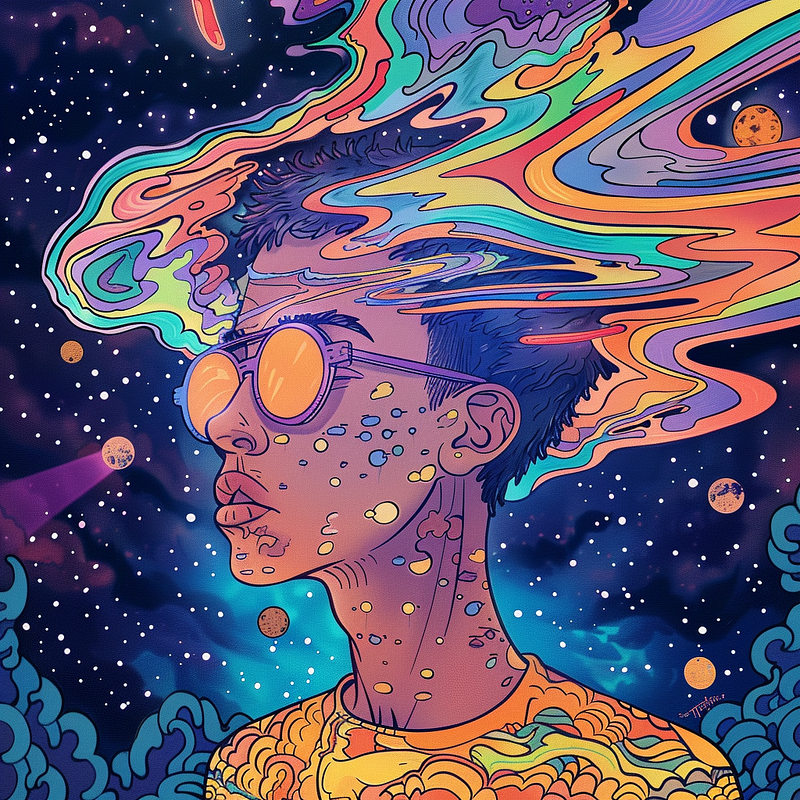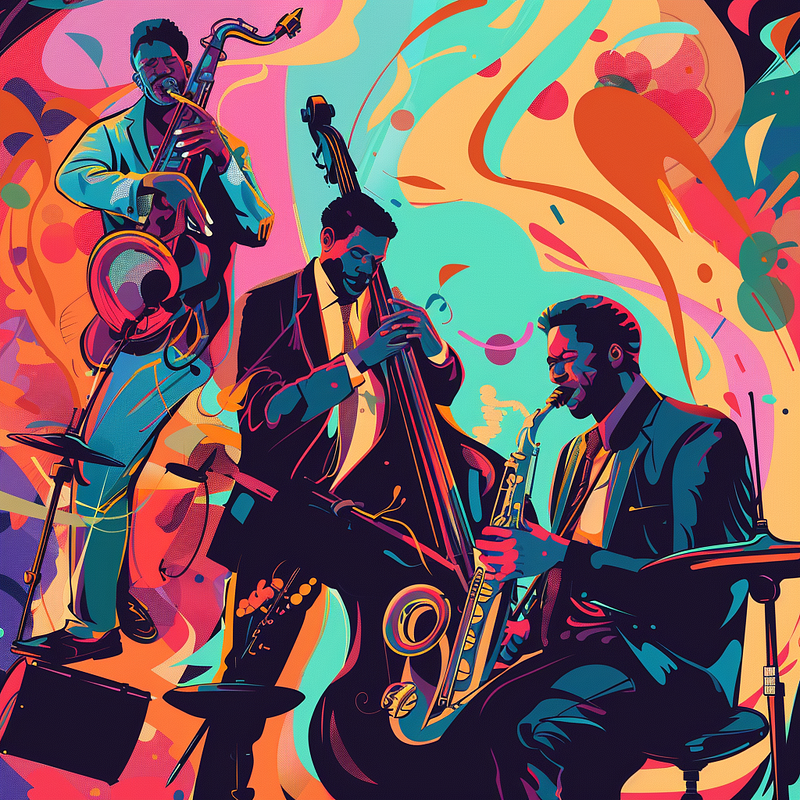Exploring the Dynamics of Flow State: Unlocking Creativity
Written on
Understanding the Flow State
The concept of 'Flow State,' often referred to as being "in the zone," describes a profound mental immersion in an activity. Picture a moment when your focus was so intense that time seemed to vanish. Flow states typically occur during activities that perfectly challenge one’s skills, allowing for full engagement without overwhelming stress. When individuals reach this state, they often feel immense satisfaction and perform at their peak, accompanied by heightened creativity and productivity.

The Expert-Plus-Release Theory
A recent study published in the April 2024 issue of Neuropsychologia, led by John Kounios, delved into how the brain enters the flow state. The researchers scanned the brains of jazz musicians during improvisation, leading to the identification of the 'expert-plus-release' phenomenon. This theory suggests that once an individual reaches a certain level of proficiency, they can relinquish control, allowing their instincts and muscle memory to govern their actions. This transition isn't a conscious choice; it happens when expertise is recognized within the mind, blending science with a sense of artistry.
The above video explores the mind-blowing benefits of achieving peak performance through flow states.
Reduced Conscious Control
During the study, the musicians, all skilled guitarists, improvised alongside background music while connected to an electroencephalogram (EEG) to monitor brain activity. The findings revealed that as proficient players jammed, the brain region responsible for control, known as the superior frontal gyrus, exhibited reduced activity. This suggests that the brain can transfer authority from rational thought to intuitive behavior, highlighting how intuition can guide creativity more effectively than conscious reasoning.

Practical Applications
While not everyone is a master jazz guitarist, the essence of achieving flow is accessible to all. First, it's essential to cultivate skills in a specific area and then learn to trust oneself by surrendering control during the process. Embracing the present moment is key to this experience. Kounios emphasizes:
“A practical implication of these results is that productive flow states can be attained by practice to build up expertise in a particular creative outlet coupled with training to withdraw conscious control when enough expertise has been achieved.”
To harness this creative flow, whether through music, coding, or writing, persistent practice is necessary, followed by the willingness to let go.
The second video discusses how to achieve flow states effectively in various activities.
In conclusion, the flow state offers significant benefits for creativity and productivity, encouraging a harmonious balance between skill and instinct.
Thank you for engaging with this exploration of flow state. If you're interested in further discussions on counseling or spirituality, feel free to reach out or follow my latest articles on Medium and social media.